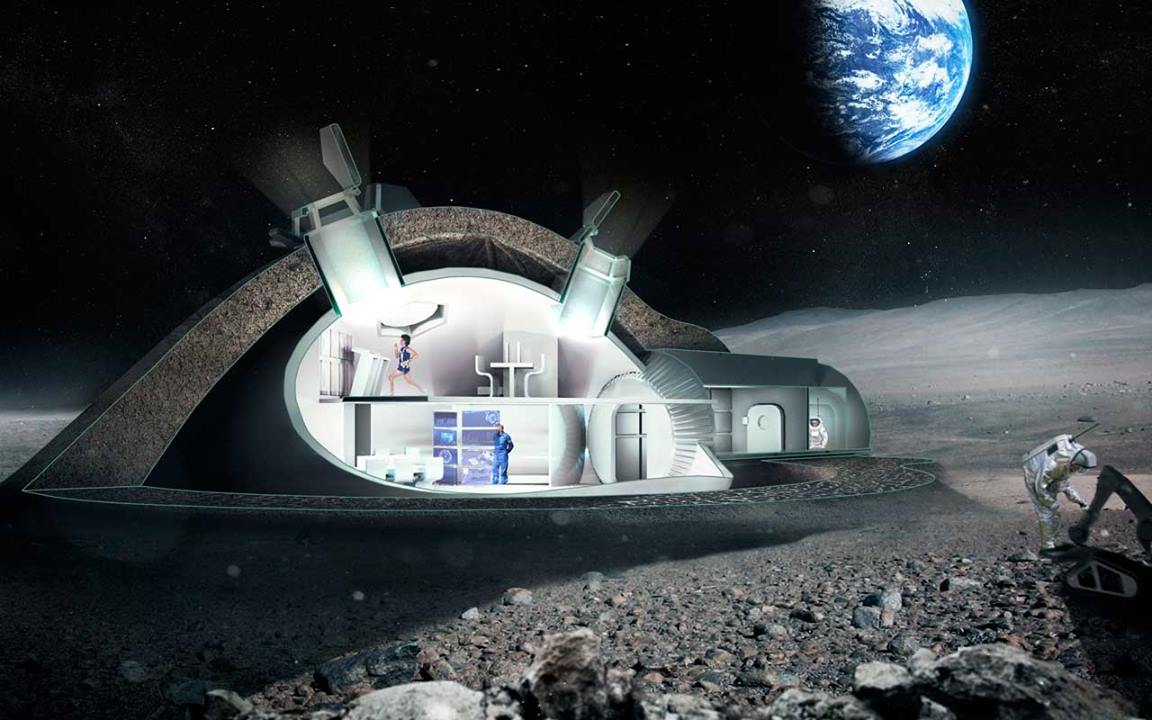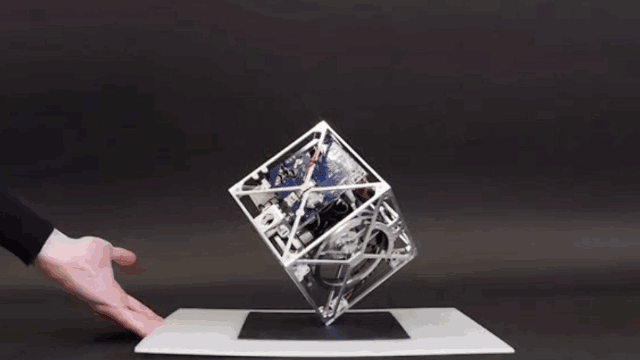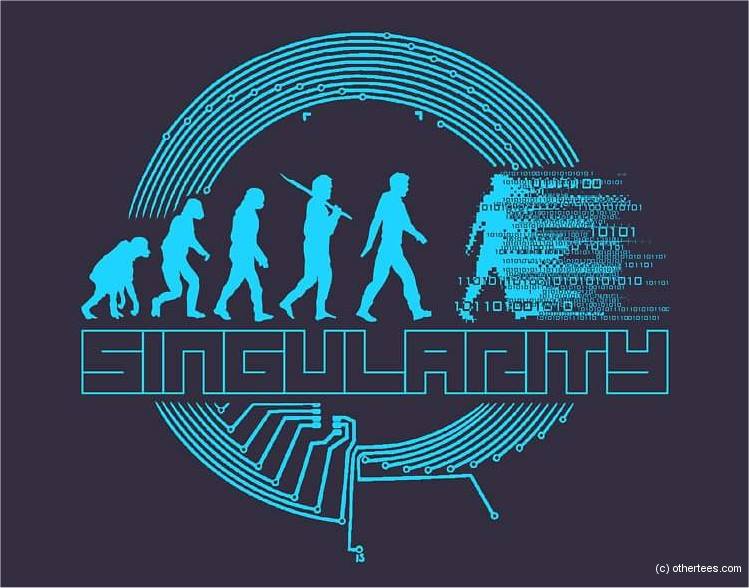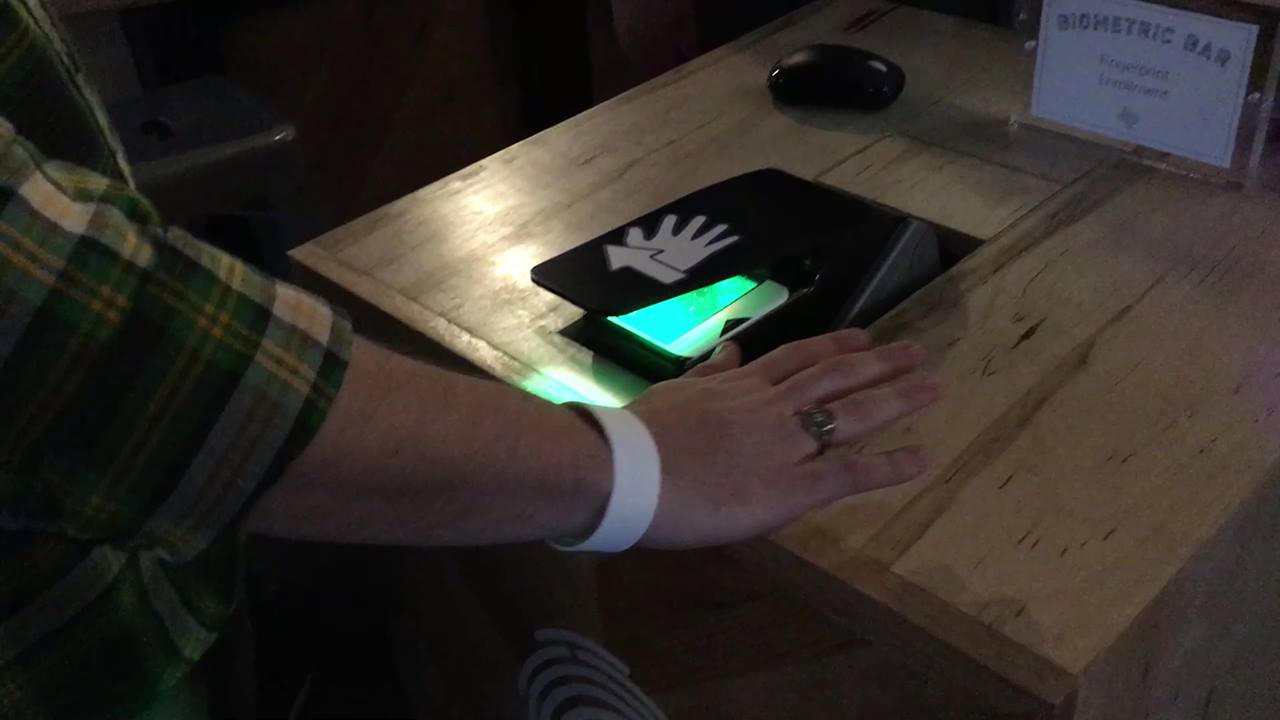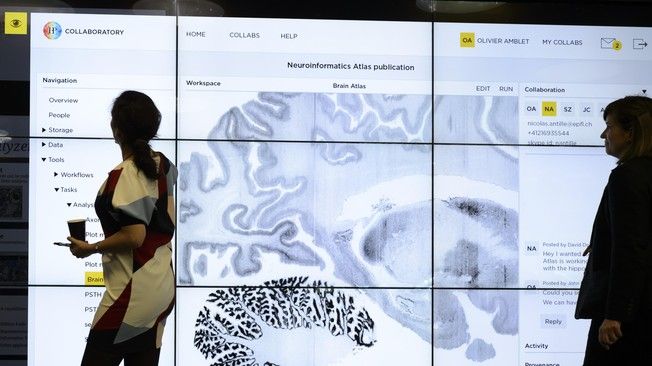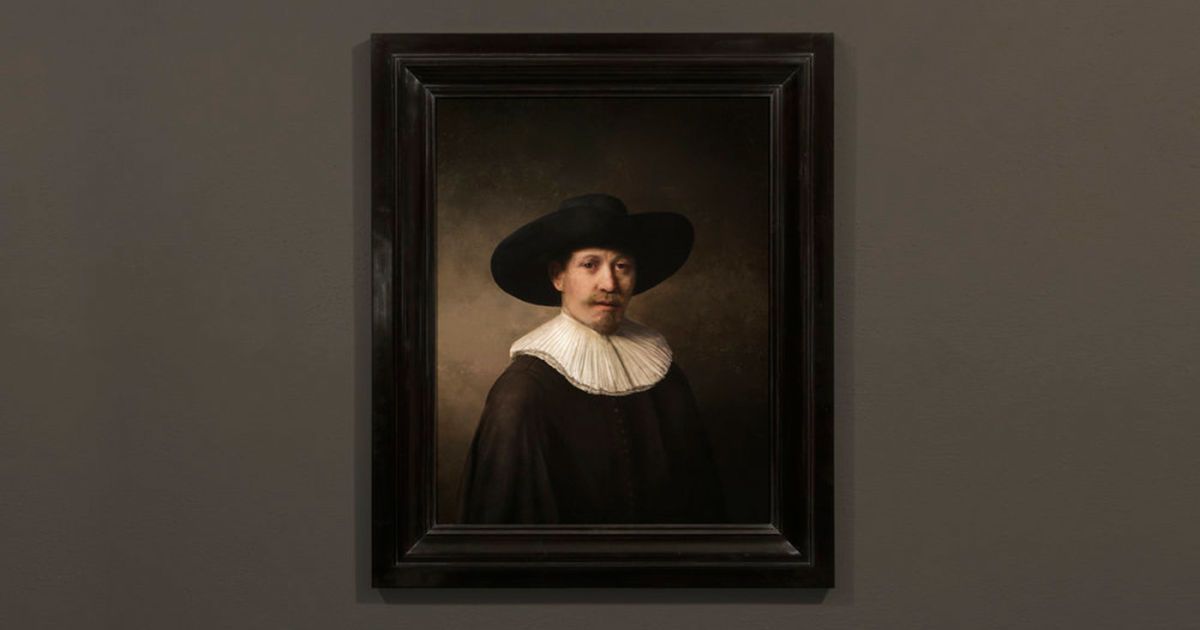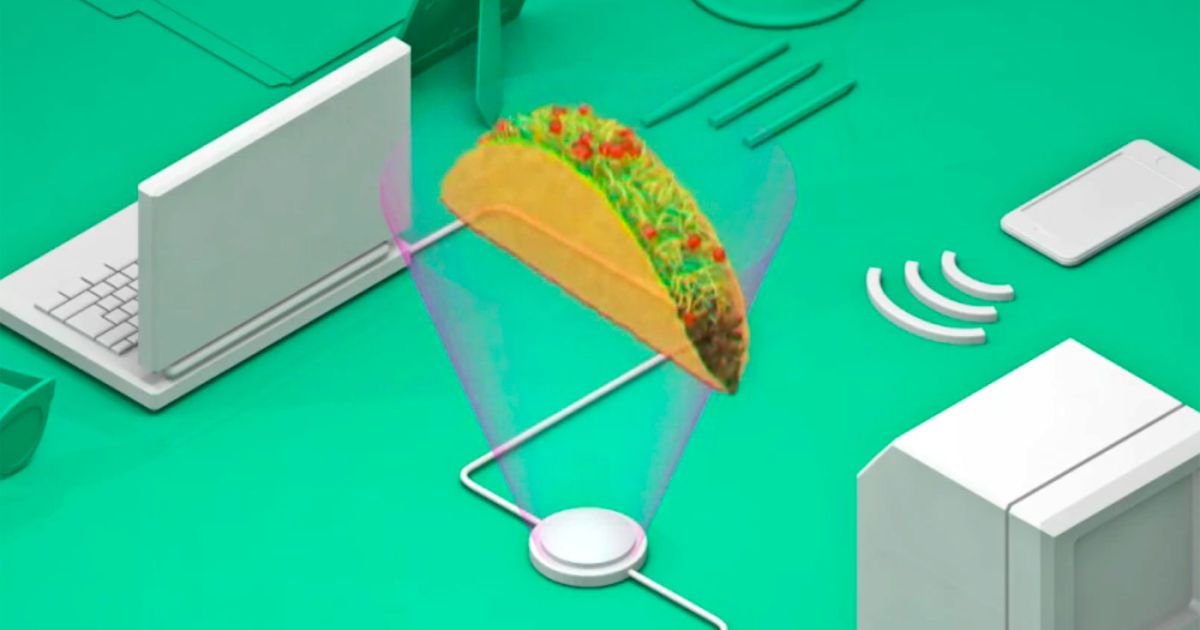Page 11587
Discover & Share this Gyroscope GIF with everyone you know. GIPHY is how you search, share, discover, and create GIFs.
Apr 7, 2016
The Singularity Controversy: 3 years later (A London Futurists Event)
Posted by Amnon H. Eden in categories: Elon Musk, robotics/AI, singularity
Three years have passed since the publication of the volume of essays “The Singularity Hypotheses” — a publication that was marked at the time by a London Futurists discussion event. During these three years, public awareness of the concepts of an intelligence explosion has grown sharply — fuelled, in part, by statements from luminaries such as Stephen Hawking and Elon Musk.
In this event, Amnon Eden, lead editor of Singularity Hypotheses, returns to London Futurists to provide an update on the controversies about the Singularity. Topics to be covered will include:
• Luddites, Philistines, and Starry-Eyed: The War over Killer Robots.
• AI (Artificial Intelligence) vs. IA (Intelligence Augmentation)
• “Technological Singularity”: A Definition, Sufficient and Necessary Conditions.
• Perennial Fallacies, Debunked and Re-debunked.
• Learning from the media storm.
Apr 7, 2016
Self-Taught Robot Is Ready to Seize Another Warehouse Job
Posted by Shailesh Prasad in categories: computing, robotics/AI
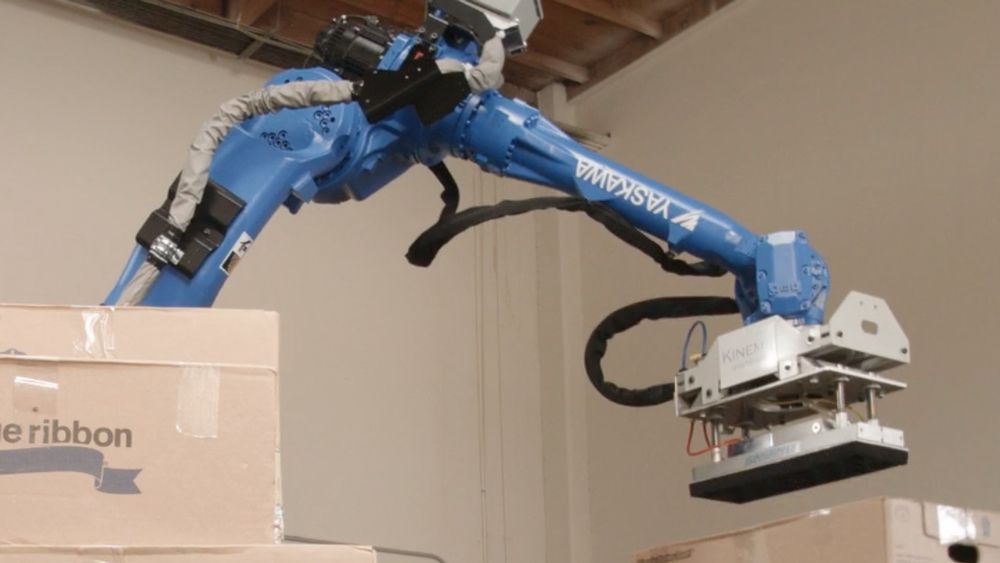
A new robot uses computer vision and machine learning to break down pallets of boxes faster than human workers.
Apr 7, 2016
Human Brain Project’s Research Platforms Released
Posted by Shailesh Prasad in categories: biotech/medical, computing, neuroscience
30.03.16 — Public Release of Platforms Will Help Advance Collaborative Research in Neuroscience, Medicine, and Computing
The Human Brain Project (HBP) is pleased to announce the release of initial versions of its six Information and Communications Technology (ICT) Platforms to users outside the Project. These Platforms are designed to help the scientific community to accelerate progress in neuroscience, medicine, and computing.
The Platforms released today consist of prototype hardware, software tools, databases and programming interfaces, which will be refined and expanded in a collaborative approach with users, and integrated within the framework of a European Research Infrastructure. The public release of the Platforms represents the end of the Ramp-Up Phase of the HBP and the beginning of the Operational Phase.
Continue reading “Human Brain Project’s Research Platforms Released” »
Apr 7, 2016
With the BioPen, we would be able to print on-the-spot rather than estimate the dimensions of the pre-made implant
Posted by Shailesh Prasad in category: biotech/medical
We would also see a decrease in the hundreds of thousands of arthritis-induced knee and hip replacement surgeries every year.
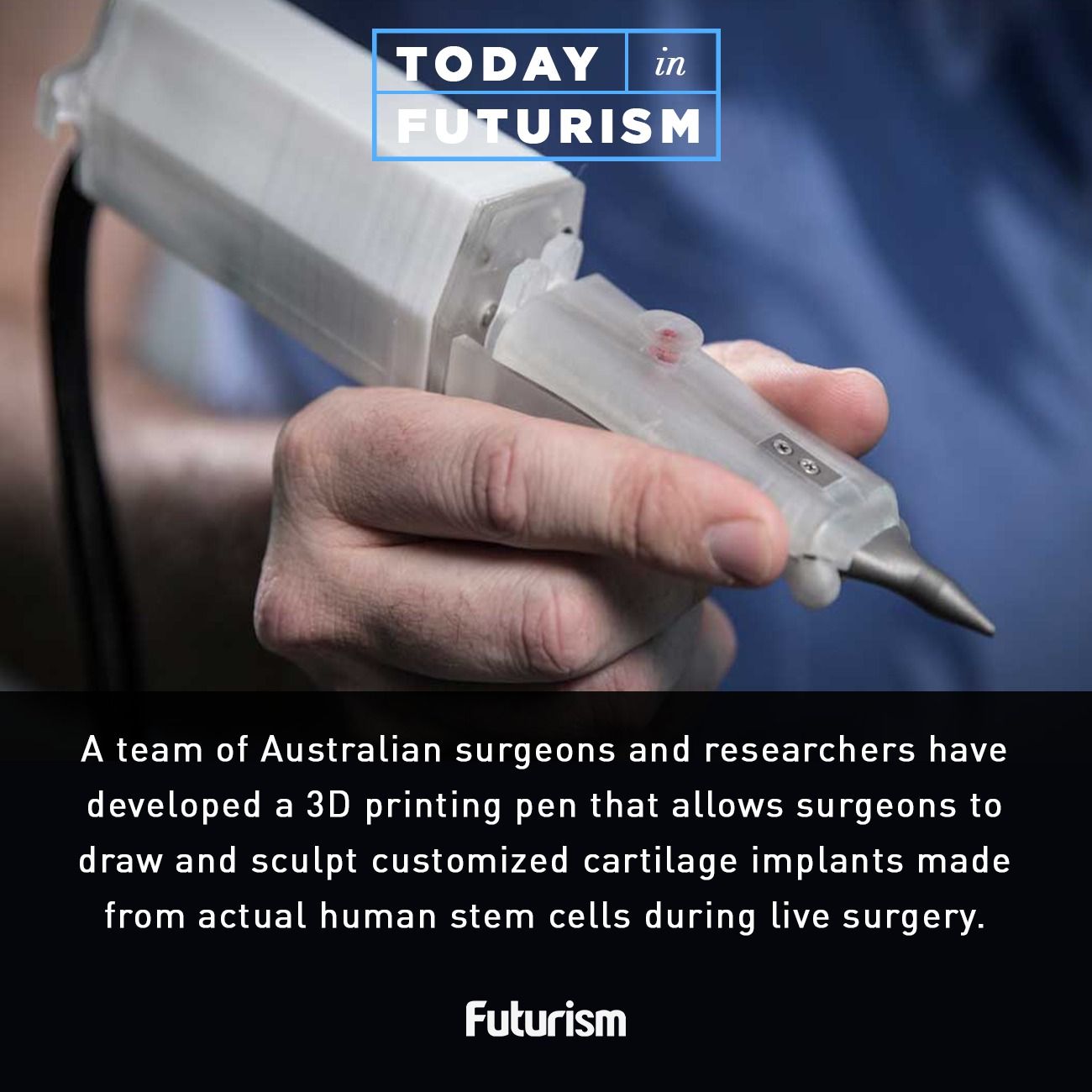
Apr 7, 2016
Algae’s enzyme might hold the secret to mass producing biofuel
Posted by Shailesh Prasad in categories: energy, sustainability
A team of scientists from Texas A&M AgriLife Research wants to replicate an alga’s ability to produce big amounts of oil for biofuel.
Apr 7, 2016
‘The Next Rembrandt’ is a 3D-printed take on the painter’s style
Posted by Shailesh Prasad in categories: 3D printing, information science, media & arts
A new Rembrandt painting has been unveiled in Amsterdam on Tuesday, and we’re not talking about a newly discovered work. No, this one called The Next Rembrandt is truly brand new, created using data, algorithms and a 3D printer within the span of 18 months. A team of data scientists, engineers and scientists from various institutions, including Microsoft and the Rembrandt House Museum, joined forces to create this homage to the great painter. The team examined all the Dutch master’s known paintings to come up with the perfect project: a portrait of a 30 to 40-year-old Caucasian male with facial hair, wearing dark clothes with a collar and a hat on his head, facing to the right.
They then developed algorithms to extract what features make a painting a Rembrandt, such as the face’s shape and proportions. Ron Augustus, Microsoft’s SMB Markets Director, said: “You could say that we used technology and data like Rembrandt used his paints and his brushes to create something new.” To give their work a real painting’s texture, they used 3D printing techniques to print oil paint in layers. As a result, the portrait feels like it was actually painted by a human artist.
The project, which the Netherlands’ ING Bank commissioned ad agency J Walter Thompson to develop, most likely began as a promotional undertaking. As you can see, though, the final product turned out so good that the same technique could be used to make more affordable replicas (maybe even forgeries) of masterpieces.
Continue reading “‘The Next Rembrandt’ is a 3D-printed take on the painter’s style” »
Apr 7, 2016
Taco Bell wants you to order food from a chat bot
Posted by Shailesh Prasad in categories: food, robotics/AI
We’ve seen some clever ways to order food online in our day, but this one is decidedly off the wall. Taco Bell is testing TacoBot, a chat AI that helps you order (what else?) tacos in a Slack conversation. Think of it as a tasty text adventure — you can ask questions about the menu, customize your order and check your cart. It’s only in a private beta with a few companies at the moment, but you can sign up for a waiting list to have your Slack team give TacoBot a try. Just think — you could have tacos sent your way while you’re stuck in a planning session.
